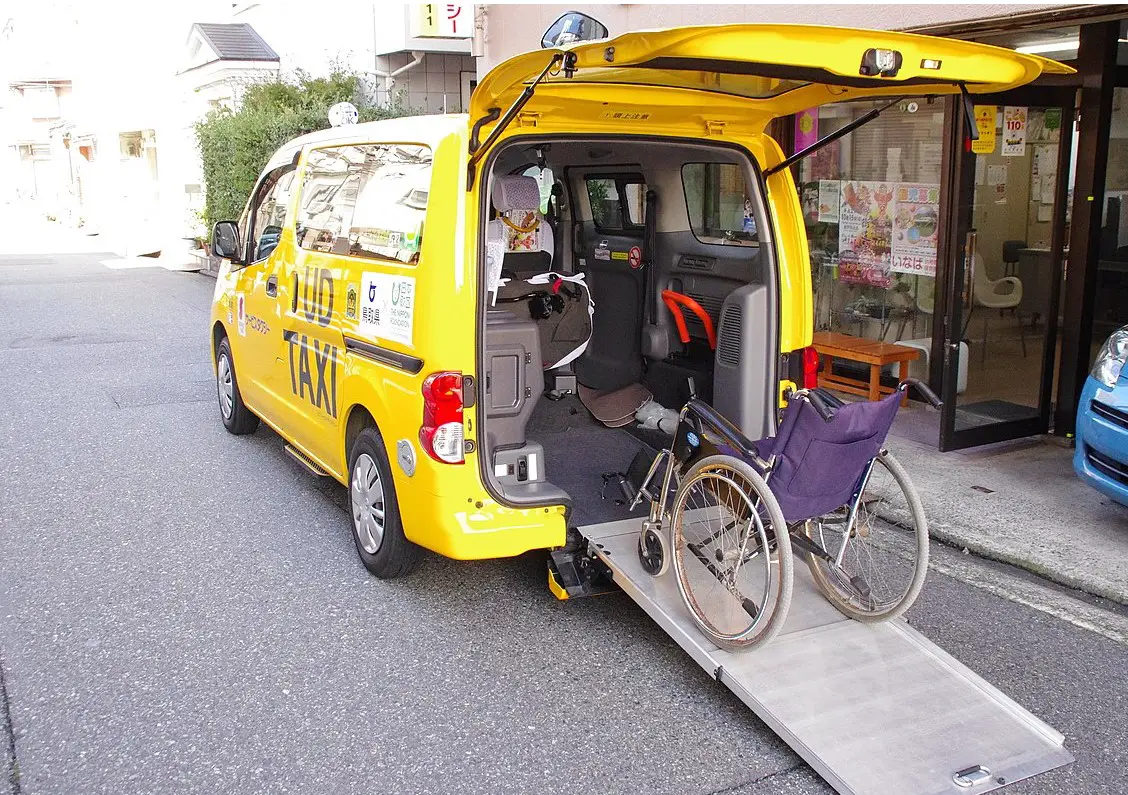
While strides have been made in enhancing inclusivity across various sectors, transportation often stands as a significant hurdle. However, amidst this landscape, taxis emerge as unsung heroes, bridging the gap and empowering individuals with disabilities to navigate the world with greater independence. This article delves into the pivotal role taxis play in enhancing accessibility for people with disabilities and the transformative impact they have on individuals’ lives.
- On-Demand Assistance: Taxis offer a lifeline for individuals with disabilities by providing on-demand transportation services. Unlike public transit systems, taxis offer greater flexibility, allowing passengers to request rides precisely when and where they need them. This on-demand accessibility is particularly crucial for individuals with disabilities, who may require spontaneous transportation for medical appointments, social engagements, or everyday errands.
- Wheelchair Accessibility: One of the most significant challenges faced by people with mobility impairments is the lack of wheelchair-accessible transportation options. Taxis equipped with wheelchair ramps or lifts address this critical need, enabling individuals using wheelchairs to travel comfortably and safely. These wheelchair-accessible taxis not only facilitate greater mobility but also promote inclusivity by ensuring that individuals with disabilities can participate fully in social, economic, and recreational activities.
- Door-to-Door Service: For many people with disabilities, navigating transportation hubs such as bus stops or subway stations can be daunting or even impossible. Taxis offer door-to-door service, eliminating the need for passengers to negotiate complex transit networks or endure long walks to reach their final destination. This personalized service not only enhances convenience but also fosters a sense of autonomy and dignity among individuals with disabilities.
- Sensitivity and Training: Ensuring that taxi drivers are trained to provide respectful and accommodating service to passengers with disabilities is paramount. Training programs that educate drivers on disability etiquette, communication strategies, and proper assistance techniques can significantly enhance the overall travel experience for individuals with disabilities. Moreover, fostering a culture of sensitivity and inclusivity within the taxi industry can help dismantle barriers and promote positive interactions between drivers and passengers.
- Advocating for Change: While taxis play a crucial role in enhancing accessibility for people with disabilities, there is still much work to be done to address systemic barriers and ensure equal access to transportation for all. Advocacy efforts aimed at improving regulations, incentivizing the adoption of wheelchair-accessible vehicles, and increasing awareness about the needs of individuals with disabilities are essential steps towards creating a more inclusive transportation ecosystem.
Taxis serve as catalysts for change in the journey towards accessibility for people with disabilities. From providing on-demand assistance to offering wheelchair-accessible transportation options, taxis play a vital role in empowering individuals to lead independent and fulfilling lives. By fostering a culture of inclusivity, advocating for change, and prioritizing the needs of passengers with disabilities, the taxi industry can continue to drive positive transformation and ensure that transportation remains accessible to all.
